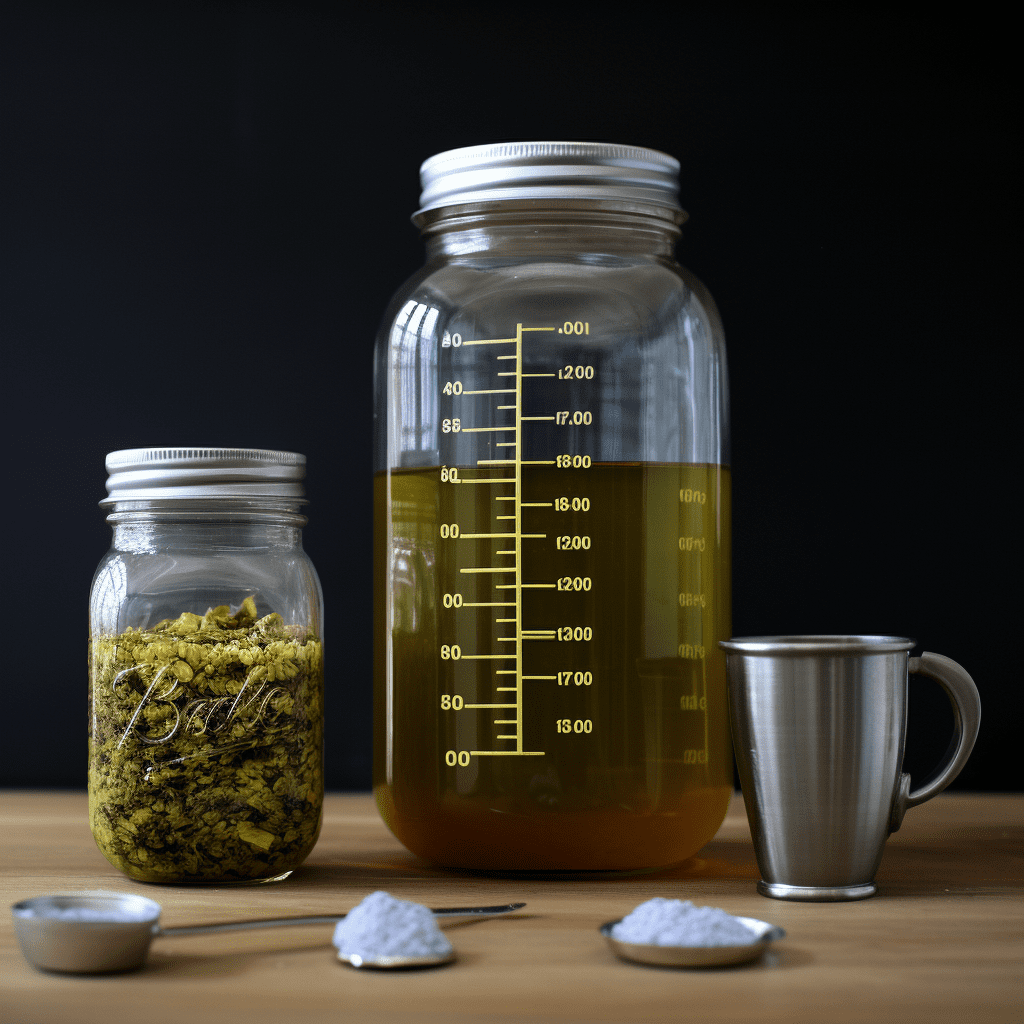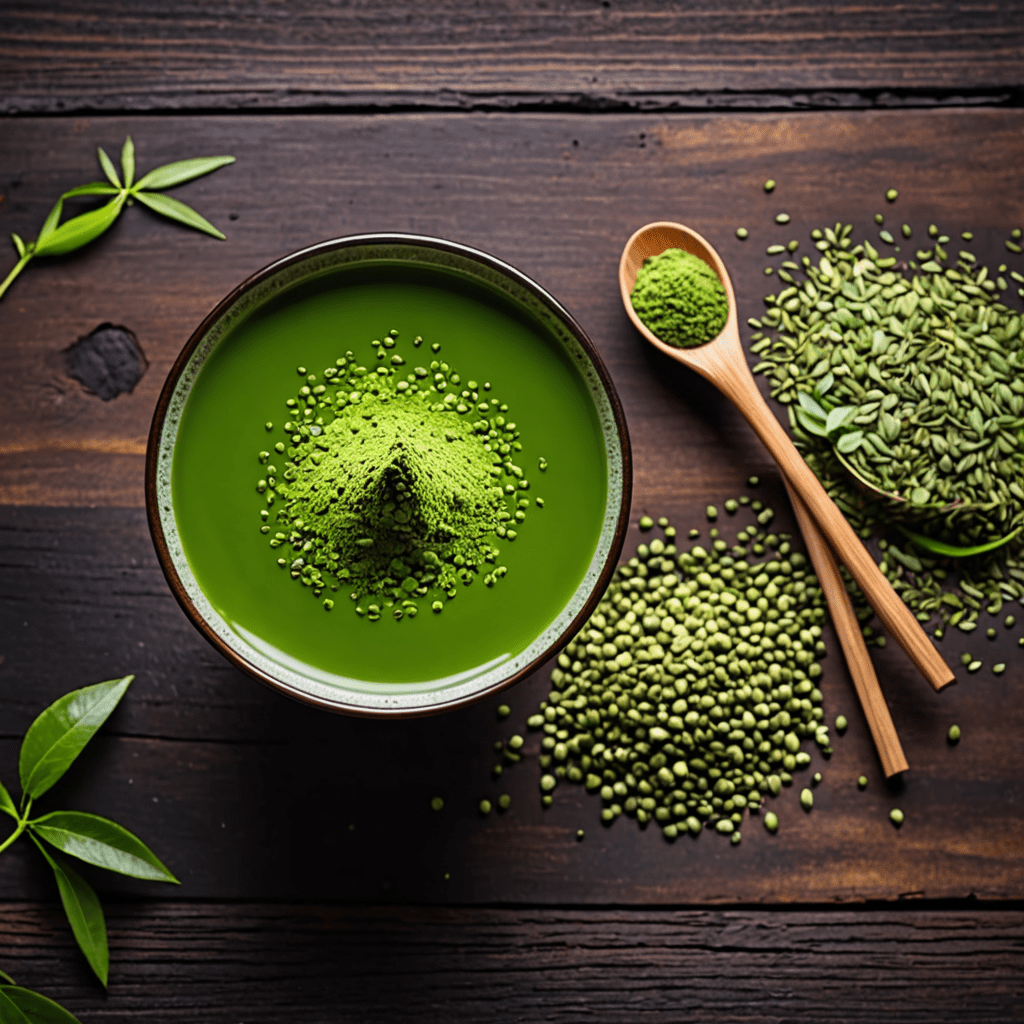Chamomile Tea and Its Anti-Inflammatory Effects
Chamomile tea is not only a soothing beverage enjoyed for its delicate flavor, but it also offers a multitude of health benefits. One of the remarkable advantages of chamomile tea is its potent anti-inflammatory properties, making it a popular choice for those seeking natural remedies to combat inflammation. Let’s delve into the science behind chamomile tea and how it exerts its anti-inflammatory effects.
Understanding Inflammation
Inflammation is a natural response by the body’s immune system to protect against harmful stimuli. However, chronic inflammation can lead to various health issues, including heart disease, arthritis, and autoimmune disorders. It’s essential to manage inflammation effectively to maintain overall health.
The Power of Chamomile Tea
Chamomile tea, derived from the chamomile plant, contains bioactive compounds such as flavonoids and terpenoids that contribute to its anti-inflammatory properties. These compounds help reduce inflammation by inhibiting the production of inflammatory markers in the body.
Research on Chamomile Tea’s Anti-Inflammatory Effects
Several studies have explored the anti-inflammatory effects of chamomile tea. Research suggests that chamomile tea can help lower inflammation markers in the body, potentially reducing the risk of inflammatory conditions.
How to Incorporate Chamomile Tea
Enjoying a cup of chamomile tea as part of your daily routine can be a simple yet effective way to harness its anti-inflammatory benefits. Whether hot or iced, chamomile tea offers a calming and therapeutic experience.
Other Health Benefits of Chamomile Tea
Aside from its anti-inflammatory effects, chamomile tea is also known for its calming properties, aiding in relaxation and improved sleep. It may also support digestive health and promote skin health due to its antioxidant content.
Precautions and Considerations
While chamomile tea is generally safe for most people, individuals with allergies to ragweed or related plants may experience cross-reactivity. It’s advisable to consult a healthcare provider before incorporating chamomile tea into your routine, especially if you are pregnant, nursing, or taking medications.
Conclusion
Chamomile tea is not just a delightful beverage but a natural remedy with potent anti-inflammatory effects. By understanding how chamomile tea works to reduce inflammation in the body, you can make an informed choice to promote your health and well-being. So, why not sip on a cup of soothing chamomile tea and let its anti-inflammatory properties work their magic?
FAQ: Chamomile Tea and Its Anti-Inflammatory Effects
What is chamomile tea?
Chamomile tea is a popular herbal infusion made from the dried flowers of the chamomile plant. It is known for its mild, soothing taste and aromatic properties.
How does chamomile tea exert anti-inflammatory effects?
Chamomile tea contains compounds like flavonoids and terpenoids that have anti-inflammatory properties. These components help reduce inflammation in the body and may alleviate related symptoms.
Can chamomile tea help with inflammatory conditions?
Chamomile tea’s anti-inflammatory effects may offer relief for conditions like arthritis, digestive issues, and skin irritation. It is often used as a natural remedy to help manage inflammation.
Are there any side effects of consuming chamomile tea for its anti-inflammatory benefits?
While chamomile tea is generally considered safe for most people, some individuals may experience allergic reactions. It’s advisable to consult with a healthcare provider, especially if you have existing medical conditions or are pregnant.
How should chamomile tea be brewed for maximum anti-inflammatory benefits?
To extract the most benefits, steep chamomile tea in hot water for about 5-10 minutes to ensure the release of its active compounds. Enjoying it warm or over ice can be a refreshing way to incorporate


